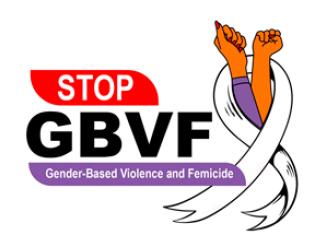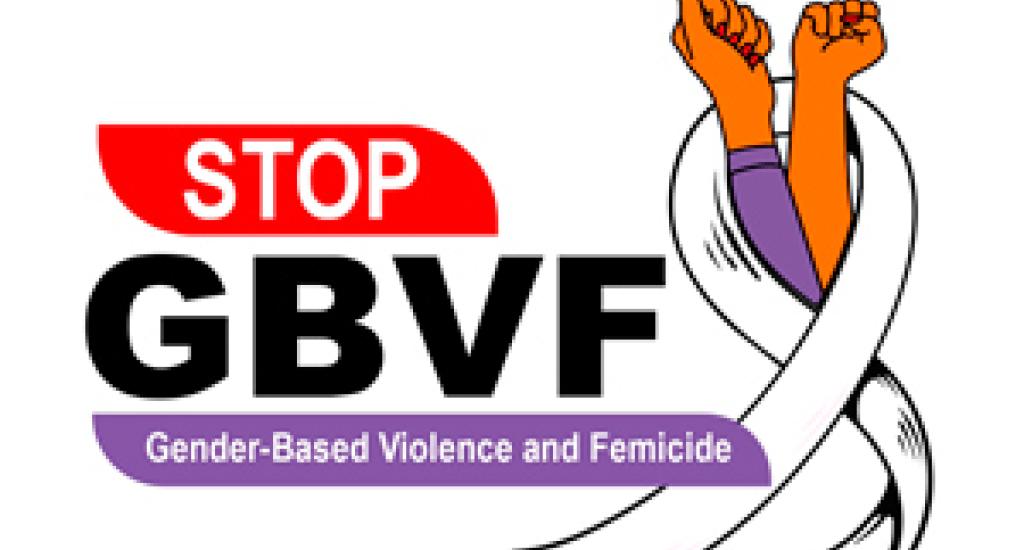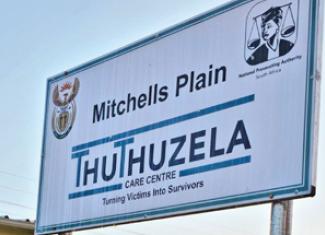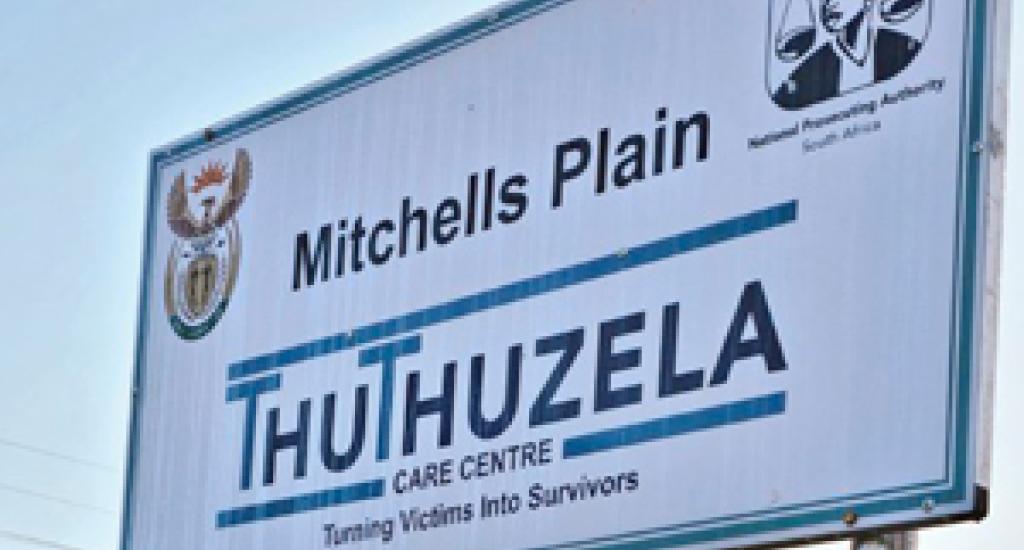NPA’s SOCA unit leads
collaborative effort to combat GBVF
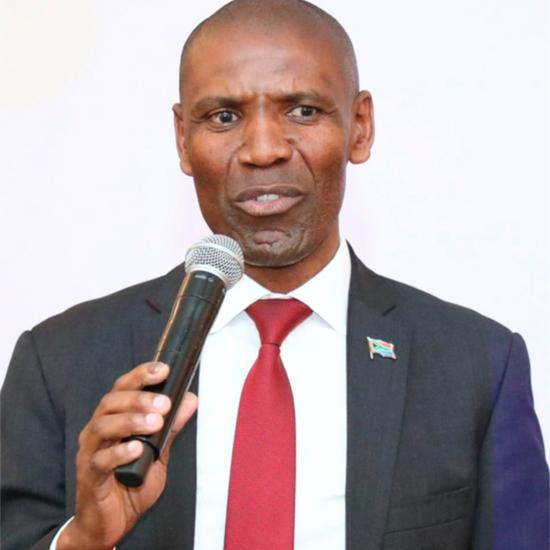
As South Africa joins the global community in commemorating the 16 Days of Activism for No Violence Against Women and Children – observed annually from 25 November to 10 December – government continues to intensify its efforts to combat gender-based violence and femicide (GBVF), a crisis so severe it has been described as a pandemic.
One of the key drivers in this fight is the National Prosecuting Authority’s (NPA) Sexual Offences and Community Affairs (SOCA) unit, which continues to show that collaboration is essential in addressing GBVF. Through the Thuthuzela Care Centres (TCCs), the unit provides victims of sexual and domestic violence with integrated, victim-centred services that not only seek justice but also aim to restore dignity and hope.
Integrated approach
TCCs are interdepartmental centers established by the NPA’s SOCA in close collaboration with the departments of Health, Social Development and the South African Police Service (SAPS).
In an interview with Public Sector Manager (PSM) magazine, Advocate Pule Mathaha, the NPA’s Provincial Manager TCCs in Gauteng, explained that the centres are court-directed in nature. As such, the SAPS primarily plays a role in opening case dockets and investigating crimes reported at these centres, which predominantly involve cases of GBVF.
“Once dockets are opened, the NPA guides investigations within the dockets and ensure that the three main objectives of the TCCs – ensuring an increase in conviction rates, reducing the cycle time of cases so that they are finalised quicker and ensuring that there is no further secondary victimisation of the survivors of GBV – are further achieved within the courts,” he explained.
These matters are handled by sexual offences courts, which are designed to increase conviction rates and reduce the time it takes for cases to be finalised. Ultimately, the goal is also to prevent secondary victimisation of GBV survivors during the judicial process.
TCCs are established within government hospitals, where comprehensive medical services and expertise are readily available.
Mathaha explained that the Department of Social Development complements the forensic medical services by providing psychosocial support to survivors of GBV. This integrated approach ensures that all essential services for survivors are delivered within a single facility, thereby preparing them for the court process that often follows (pretrial services).
Challenges
While the unit has made significant inroad, challenges still remain.
“The main challenge is that the NPA has only established 66 TCCs so far in almost two decades yet the need is far broader. This makes addressing GBVF cases challenging, especially in the areas where there are no TCCs. We only have seven centres in Gauteng, yet the population is by far the highest in the country,” he said.
The TCC model is heralded as one of the most effective approaches globally for addressing GBVF, with countries around the world benchmarking it.
“The fact that they are multisectoral or interdepartmental in nature makes them the best approach in dealing with GBVF effectively as all the needs of a victim are met within one facility,” he added.
“Ultimately, the prosecution of GBVF matters ensures that all protective measures within our law are effectively applied,” he said.
Mathaha said that survivors of sexual offences often experience multiple forms of abuse, including domestic violence and neglect. He noted that sexual exploitation is a major component of the broader human trafficking crisis. As a result, a comprehensive approach, such as the one mandated within the SOCA unit, is essential to ensure that victims receive holistic protection and support.
Victim-centred approach
He further stated that the training provided by Specialist Advocates within the SOCA unit addresses all aspects of its mandate, including the various forms of abuse that survivors may face. TCCs he added, are designed to address these same issues comprehensively.
Each of the four government departments involved in the TCC model operates under its own mandate, guided by protocols and Memoranda of Understanding signed to ensure coordinated and effective service delivery.
Mathaha explained that within the TCC model, while each department has its specific role, they all share a common objective: placing the victim at the centre of service delivery. He added that just as the NPA operates through its SOCA unit, the Department of Health contributes through its Forensic Medical Services unit, the SAPS through the Family Violence, Child Protection and Sexual Offences (FCS) unit and the Department of Social Development through its victim empowerment and psychosocial services. In addition, registered non-profit organisations and non-governmental organisations work alongside these departments to address the scourge.
“A combination of these services within the TCCs has only proved remarkable so far because it is a collaborative effort of units with a similar mandate from each department”.
Mathaha also highlighted the role of State Advocates within TCCs, stating that they provide legal guidance and training to stakeholders. They also support the SAPS through prosecutor-guided investigations, ensuring that cases are thoroughly investigated and effectively prosecuted.
Increased convictions
Mathaha said forensic medical services play a critical role in conducting proper medical examinations and collecting swabs for DNA analysis. This collaboration, he said, often of serial rapists for instance, and that the majority of cases with positive DNA evidence result in high conviction rates. They “also provide a health service that in most cases saves a victim from contracting sexually transmitted infections and pregnancies”.
The State advocates on the other hand, “are not only involved during the TCCs pretrial services provision, rather they are the link between the TCCs and the Sexual Offences Courts where these cases are prosecuted ensuring that the victims are empowered throughout the litigation process,” said Mathaha.
Child survivor support
The TCC model and the criminal justice system offer a plethora of protective services offered to young survivors of GBV. These include psychosocial services, medical examination, testifying through Intermediaries, and ensuring that their information is not shared outside the courts. Other services include receiving court preparation, testifying through CCTVs and allowing them to write victim impact statements to demonstrate how the crime affected them, which further ensures high conviction rates and a wholistic delivery of justice.



